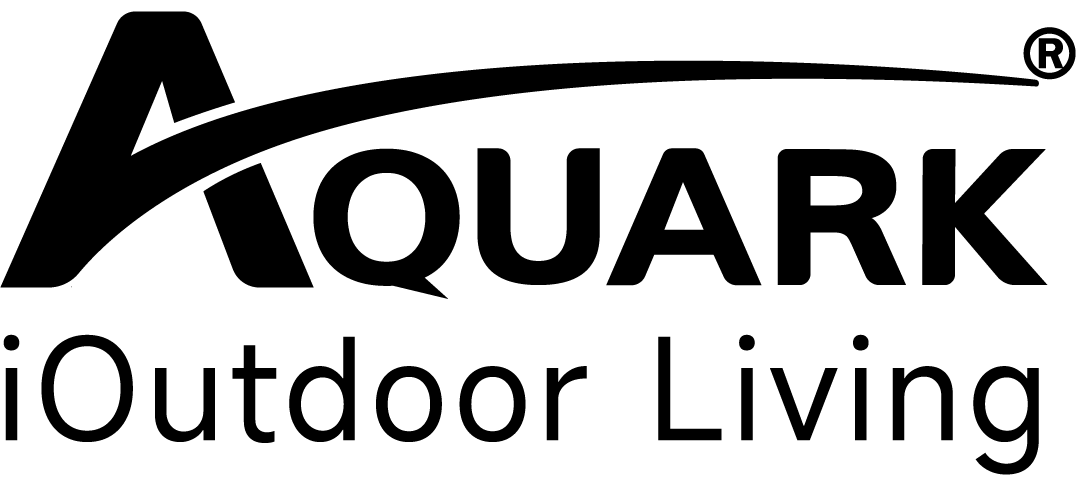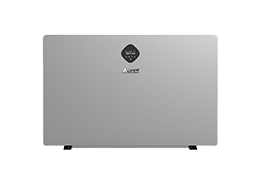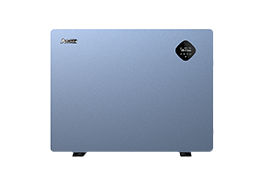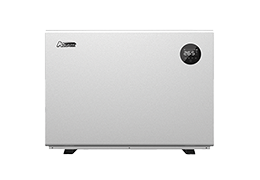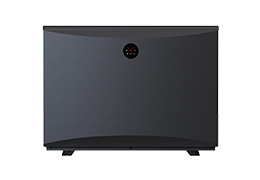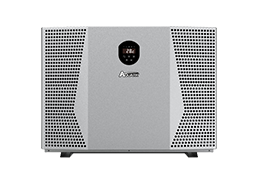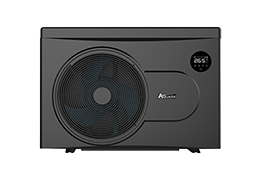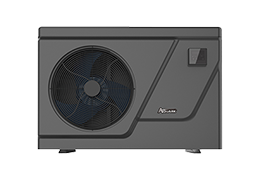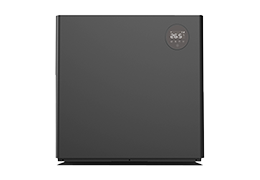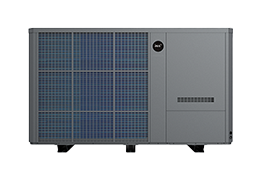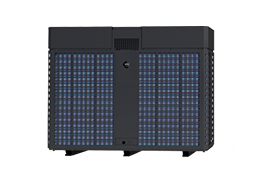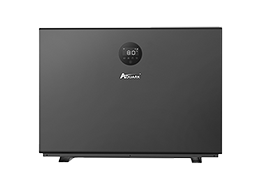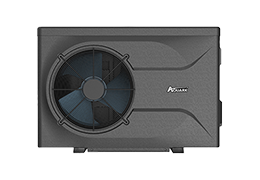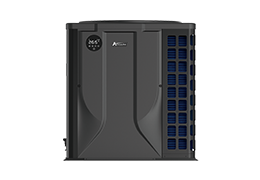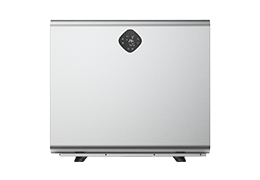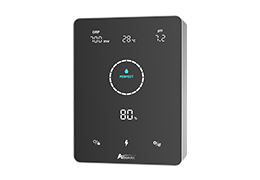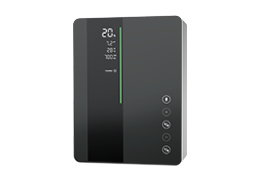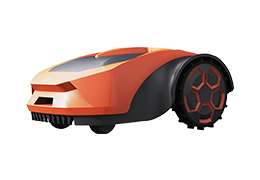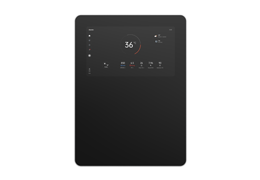There are three types of pool heating equipment on the market: electric pool heat pump, gas heater, and solar heater. Is it hard to decide which one would be the best that fits your pool? Well, we are here to help!
Before comparing, we should have a general understanding of how they work.
GAS HEATER
Gas heaters heat fast via combustion and keep a constant temperature even when the outside temperature is low, which is a rare characteristic in the pool heating market.
Yet, its COP sits just below and causes high harmful emissions. Also, this year Britain has announced the most ambitious climate change target into law to reduce emissions by 78% by 2035 compared to 1990 levels, setting an example for other countries to follow.
What’s more, the cost of natural gas has surged across Europe, reaching records in some countries. In Germany, wholesale power prices have risen more than 60% this year. Therefore, we DON’T recommend a gas heater for its high cost, low efficiency and notable emissions.
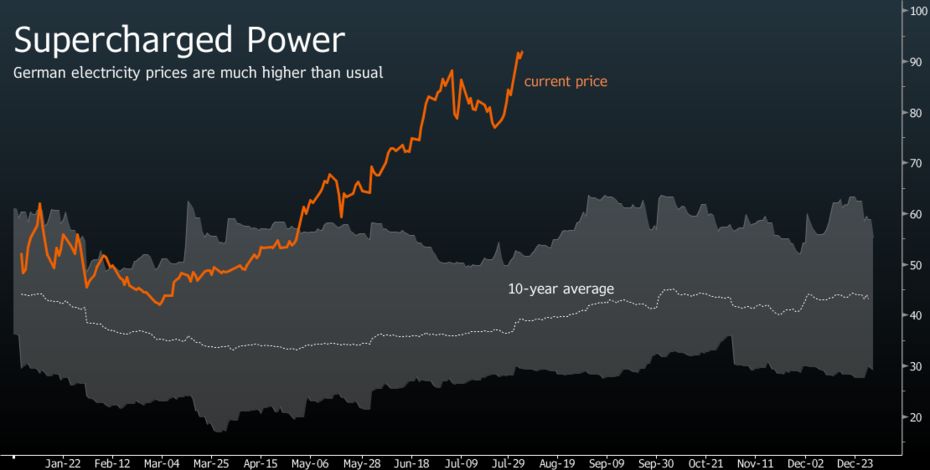
SOLAR POOL HEATERS
The solar heater heats the pool water by collecting heat from the sun. The principle is simple and requires few devices.
Advantages
• No harmful emissions
• Low maintenance
• Low operation costs
Disadvantages
• Can’t work without sunshine
• Longest heating time
• Unappealing design, hard to move
POOL HEAT PUMP
People may think that pool heat pumps use electricity to directly heat water, like induction cooktops. But it is not.
When a pool heat pump heats, the refrigerant R32 absorbs the heat from the warm air drawn by the fan. Then refrigerant will be compressed into high-temperature gas with high pressure and enters the titanium barrel. The water around the titanium tube absorbs the heat and its temperature therefore increases.
You see, that’s how small amount of electricity can heat up a pool. And that’s why pool heat pumps have a relatively high COP of around 5.
Advantages
• Eco-safe, no harmful emissions
• Low operation fees
• Durable than a gas heater with good maintenance
Disadvantages
• Most of them cannot operate efficiently at -5 Degrees
• The heating process is longer than gas heaters
• The noise can be as loud as other HVAC equipment(50-70dB(A))
SUMMARY ( NOT GOOD:⭐ACCEPTABLE: ⭐⭐EXCELLENT: ⭐⭐⭐ )
| Operation cost | Operation temperature | Design | Useful Life | Eco | |
| Gas Heater | ⭐ | ⭐⭐⭐ | ⭐ | ⭐ | × |
| Solar Heater | ⭐⭐⭐ | ⭐ | ⭐ | ⭐⭐⭐ | √ |
| Pool Heat Pump | ⭐⭐⭐ | ⭐⭐ | ⭐⭐⭐ | ⭐⭐⭐ | √ |
INVERPAD® TURBO TECHNOLOGYENSURES 4 SEASONS SWIMMING
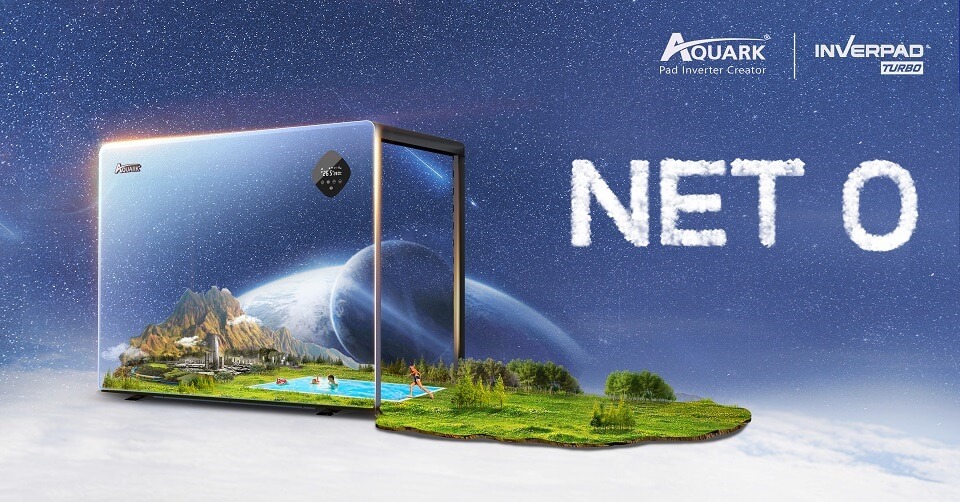
Obviously, a pool heat pump is an optimal choice for you. By 1st applying turbofan in the pool heat pump industry, Aquark has rolled out a inverter heat pump that boasts the highest COP of 16, reducingenergy consumption up to 68% , and generating a sound of only 38.4 dB(A). If you are from Europe, you can also find us here in warmtepomp.
What’s more, it can operate at -15℃-43℃, perfectly taking the place of gas heaters.
Heat effectively, stay durable, and be adaptive in every season, that’s the right heat pump for now and the future!
On the 13th of October, Aquark will show up at Piscine Global 2021 and give more information about its products as well as InverPad® Turbo Technology. And it is eager to learn more from every part of the pool industry. Please stay tuned!
